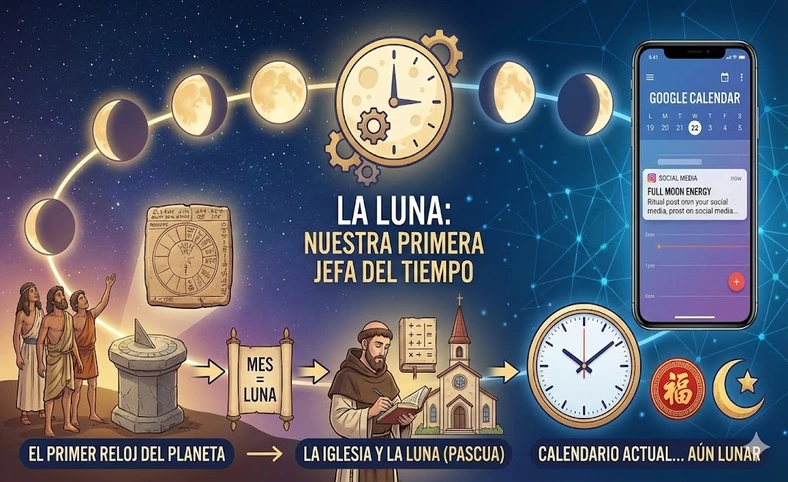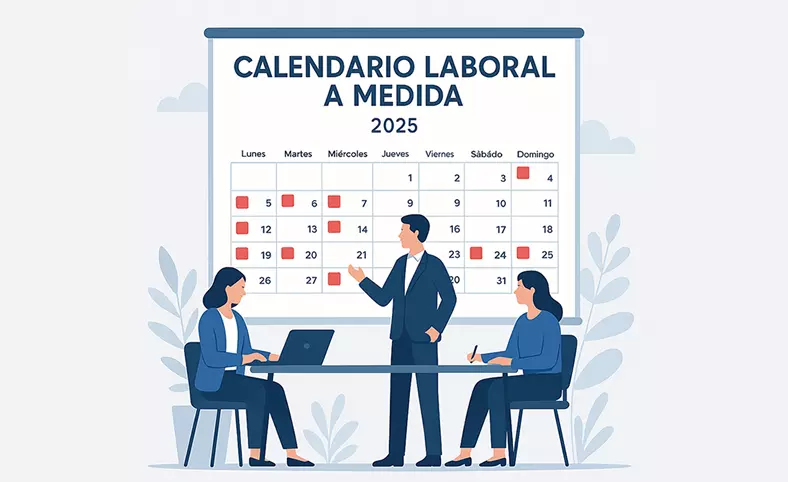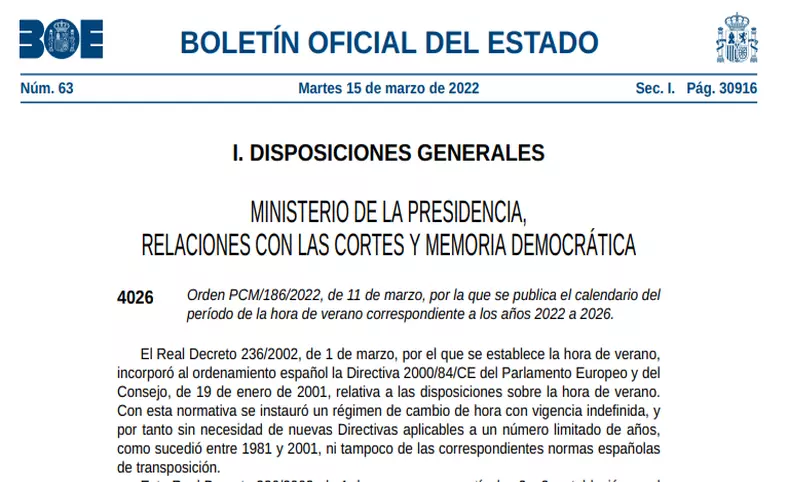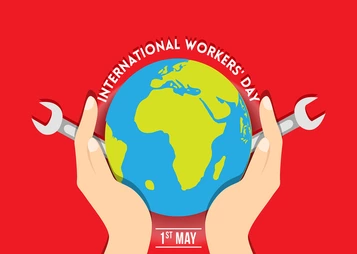Si cada diciembre notas que todo se vuelve más luminoso, cálido y ritual —luces, playlists “cozy”, reencuentros y planes que buscan pausa— no es casualidad. Muchas de estas costumbres tienen raíces en un acontecimiento real, antiguo y profundamente humano: el solsticio de invierno. Esa fecha...
Cada enero ocurre el mismo ritual: Instagram se vuelve un moodboard azul, Twitter se llena de memes llorando en HD y, de repente, todo el mundo habla del Blue Monday, “el día más triste del año”.Pero respira, porque vengo a contarte lo que nadie te dijo: el Blue Monday no viene de un estudio serio, ni de psicólogos, ni de datos… viene de una campaña de marketing.
Sí, literalmente el día más triste del año nació en una oficina de publicidad. Y aun así lo celebramos como si fuera una ley universal.
Vamos por partes —sin bajón, te lo prometo.
Todo empezó en 2005, cuando la agencia de viajes...













